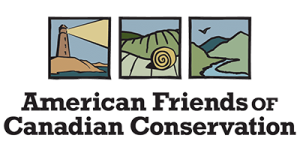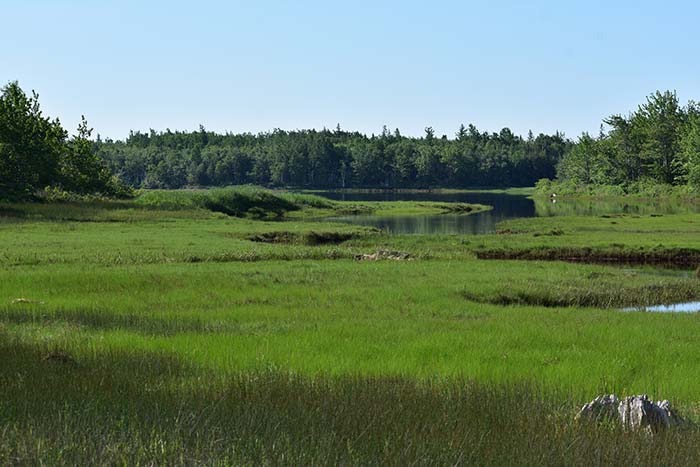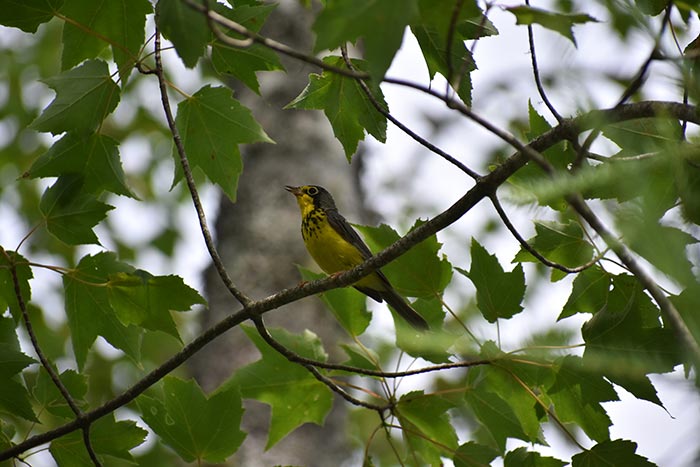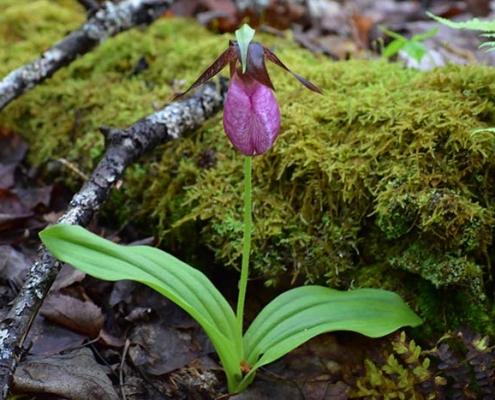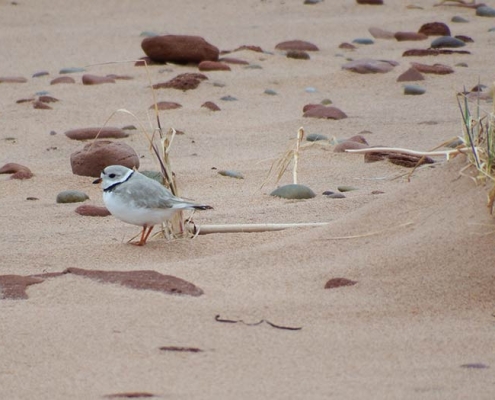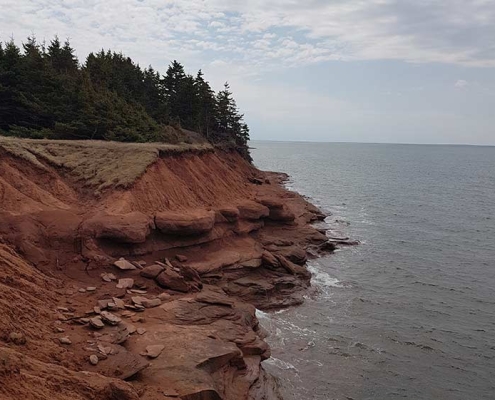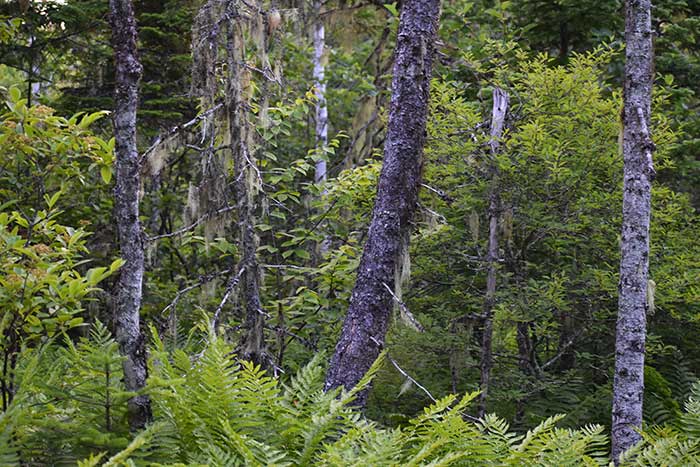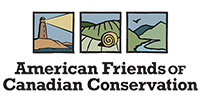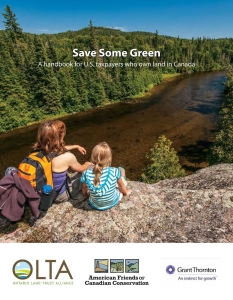Canada is serious about protecting her natural heritage, and fulfilling international commitments. American Friends’ newest partnership, with Island Nature Trust (INT), can contribute to national success on both fronts by helping to increase protected lands in the province of Prince Edward Island (PEI).
In 2010, as part of the UN Convention on Biological Diversity (CBD), Canada promised to set aside 17% of its “inland land and water” and 10% of its marine environment by 2020. Provincial governments have an essential role to play in reaching the national objective. Most, but not all, made their own commitments to support the nationwide effort. PEI’s government aims to nearly double its permanently conserved area from 3.6% of its total area to 7%. This will require conserving a substantial amount of private land because PEI is 87% privately owned. In Canada as a whole, the percentage is reversed. The federal and provincial governments own 89% of the country’s total acreage.
Research by the Province revealed that at least 3.9% of the land is owned by Americans. Megan Harris, INT’s Executive Director, reports that American-owned properties are often large waterfront tracts with a modest amount of development. Many have been summer retreats for the same families for generations. The small footprint of existing structures and long timeline of ownership means that these properties contain some of the last fragments of PEI’s native forests. Harris also observes that the ownership is concentrated in parts of the island that have sensitive coastal wetlands and the beach-dune ecosystems which are critical nesting habitat for endangered piping plovers.
Luckily, conservation can help families retain ownership of some or all of their beloved PEI properties. Donating the ecologically significant portions of their land for conservation will reduce, or potentially eliminate, the onerous Canadian capital gains tax on transfers, including bequests. Permanently restricting future development with a legal agreement such as a conservation easement is another option for preservation-minded landowners. US tax benefits available for gifts to American Friends can make conservation gifts more financially realistic for American owners.
American Friends and INT have already begun assisting several families who are seeking conservation solutions to their estate-planning challenges. Expert professional advice on the Canadian and US tax consequences of various options is essential to ensure that families are not forced to sell their PEI ecological gems in order to pay Canadian taxes.
Please consider helping American Friends and INT protect these PEI jewels, and assist the Province in meeting its goal. Make a contribution today so that our organizations have funding to secure donations of land in PEI.
